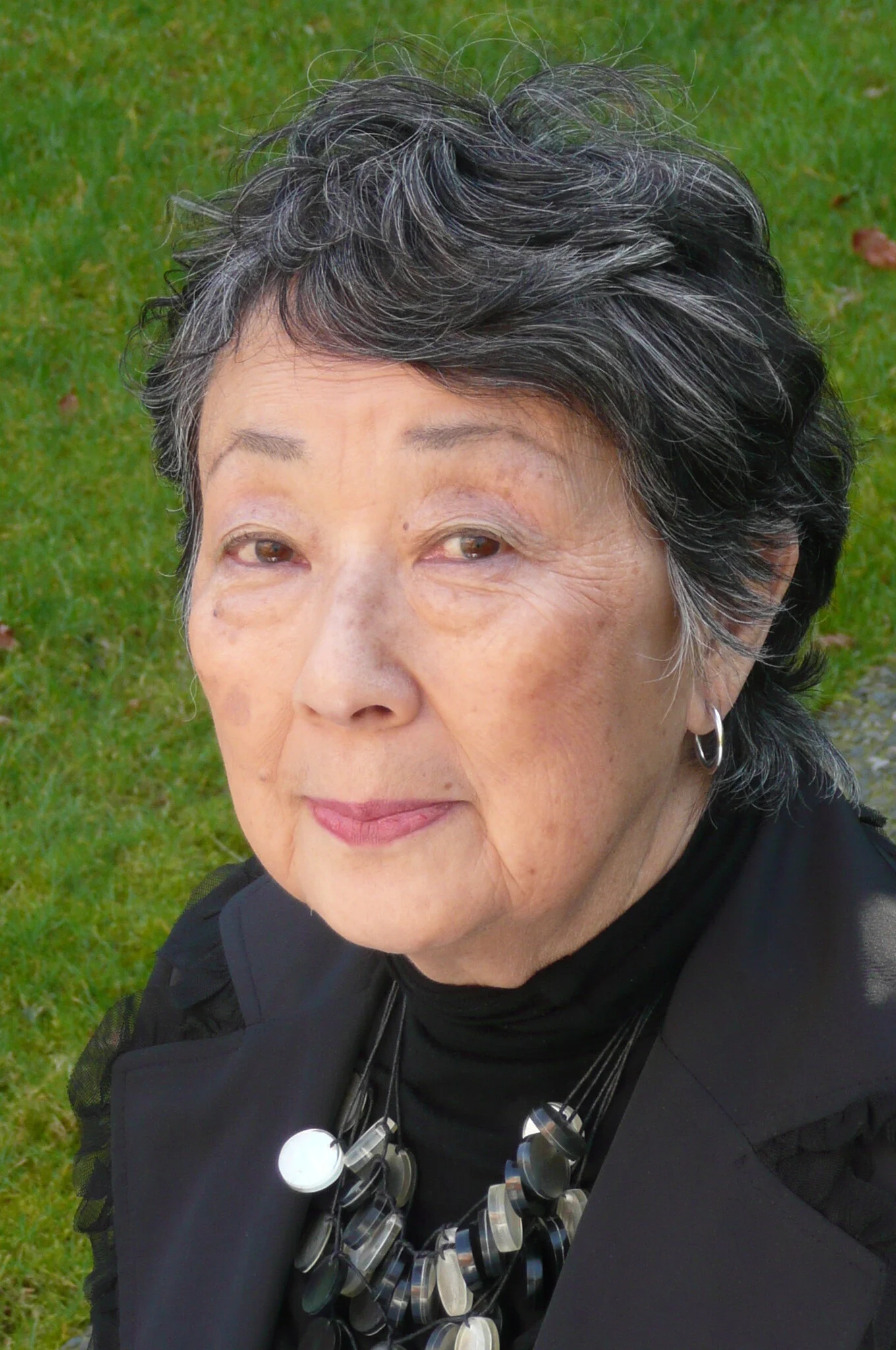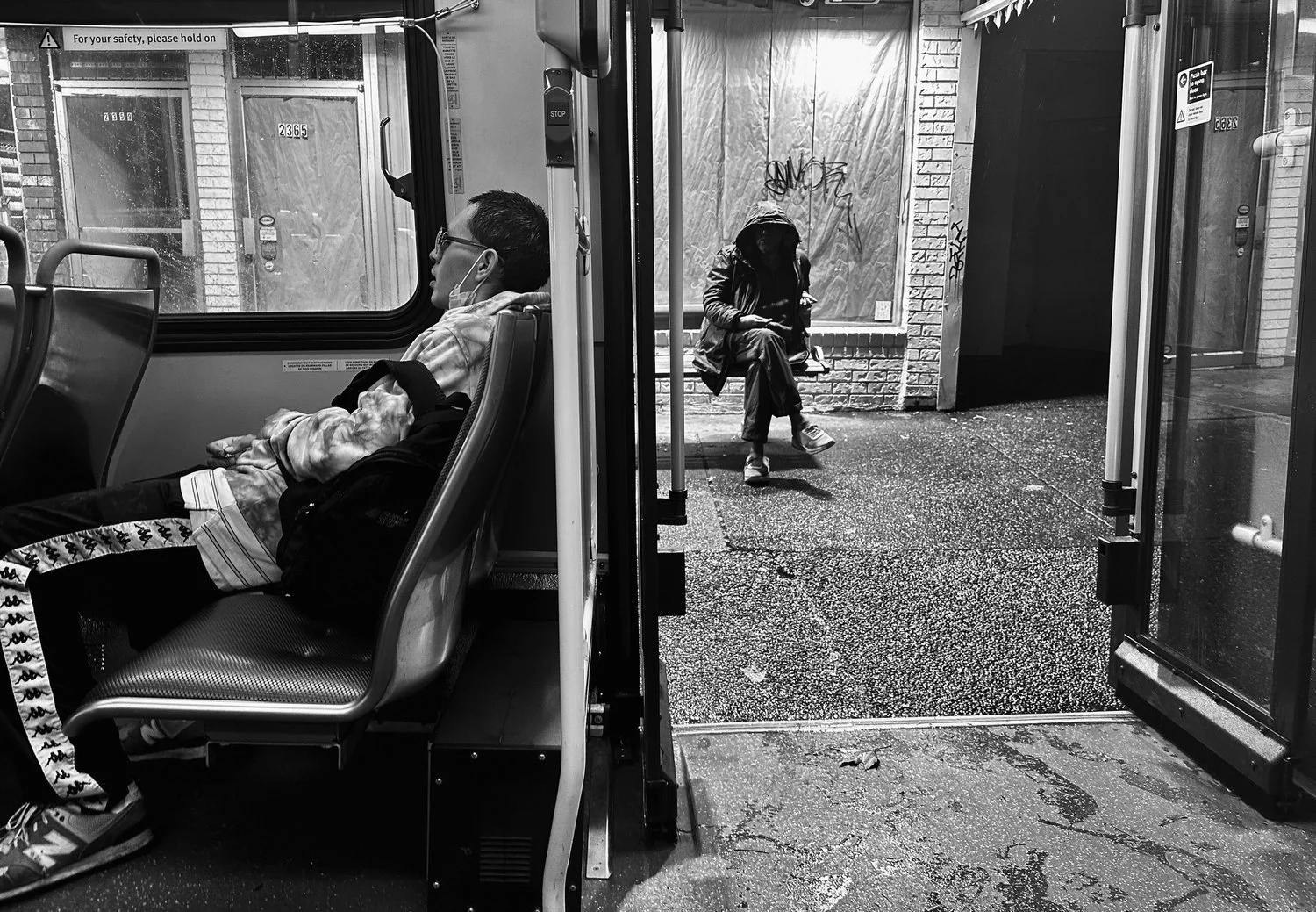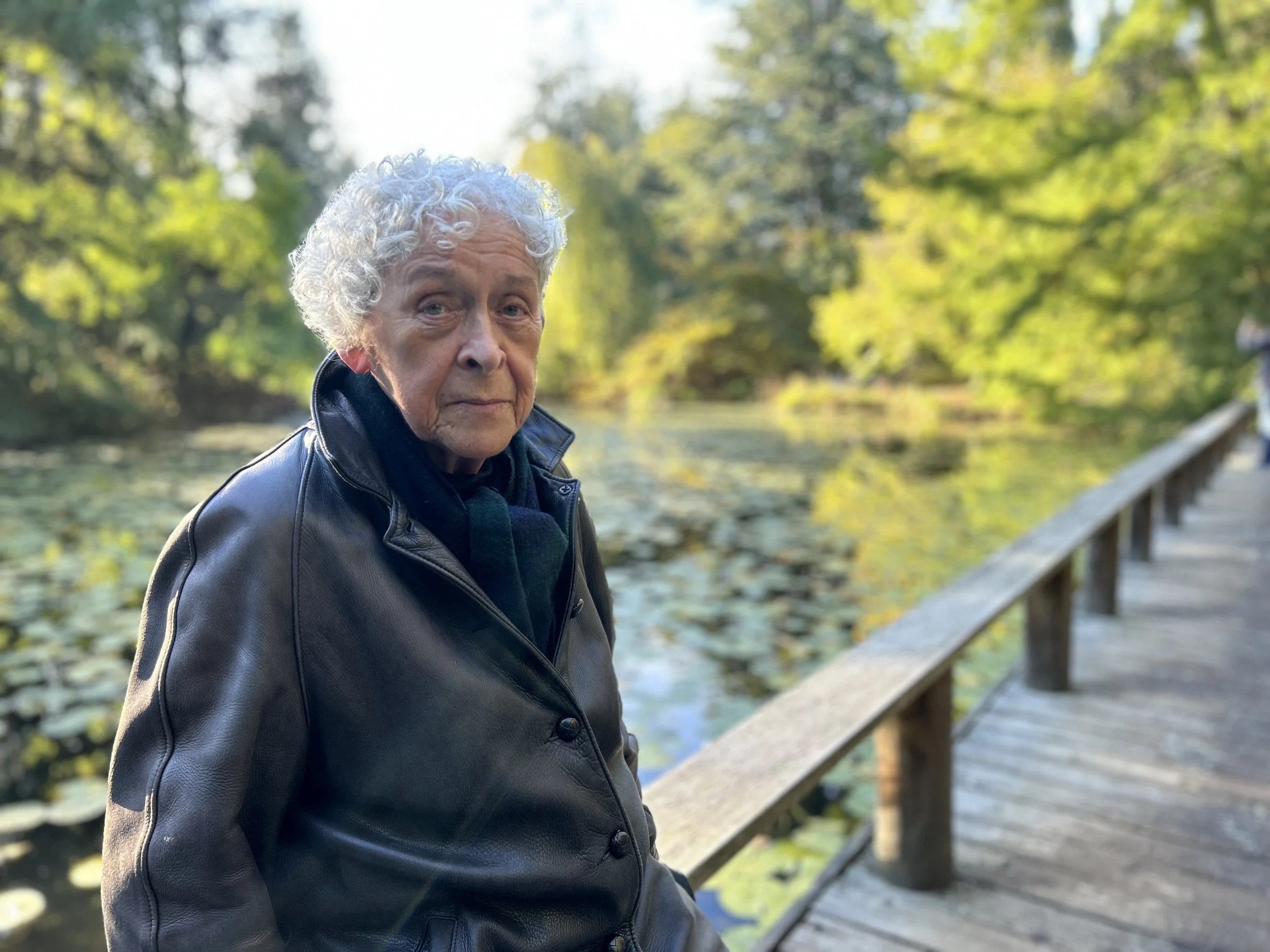Grace Eiko Thomson releases memoir of Japanese Canadian internment, racism, and resilience
The inaugural director and curator of what’s now known as the Nikkei National Museum & Cultural Centre shares moving stories in Chiru Sakura—Falling Cherry Blossoms
GRACE EIKO THOMSON (born Nishikihama) was just eight years old in 1942 when her family was forcibly removed from their home in Paueru Gai (Powell Street in Vancouver’s Downtown Eastside) and sent to the Japanese-Canadian internment site at Minto Mines in B.C.’s Interior before being relocated to rural Manitoba.
After the war ended, restrictions on Japanese Canadians’ movement lasted another four years. The government ordered anyone of Japanese ancestry to move east of the Rockies or be deported. Once restrictions were lifted, the Nishikihamas re-settled in Winnipeg.
Born in the Japanese Fishermen’s Hospital in Steveston and now in her 80s, Thomson has written a powerful, forthright memoir about her family’s experiences. Chiru Sakura—Falling Cherry Blossoms: A Mother & Daughter’s Journey through Racism, Internment and Oppression (Caitlin Press) includes some of the stories she has shared in public talks throughout Canada, the U.S., and Japan as the inaugural director and curator of the Japanese Canadian National Museum (now the Nikkei National Museum & Cultural Centre) and past-president of the National Association of Japanese Canadians.
Grace Eiko Thomson was born in Steveston’s Japanese Fishermen’s Hospital.
After going to business school and working as a legal secretary to support her parents’ resettlement, Thomson pursued the arts as a way to explore her cultural roots and help her push past memories of racism and discrimination. She earned her Honours Bachelor of Fine Arts degree from the University of Manitoba then acquired a Master’s from the University of Leeds. From 1983 to 1998 she acted as curator for several art galleries in Manitoba, Saskatchewan, and B.C., often focusing on cross-cultural subjects and women’s issues. She was also an art advisor to Baker Lake Inuit printmakers at Sanavik Cooperative in the Northwest Territories. A mother of two and grandmother of five, Thomson remains actively involved in the Downtown Eastside.
Chiru Sakura—Falling Cherry Blossoms includes journal entries originally written in Japanese by Thomson’s late mother, Sawae Nishikihama. At age 84, Nishikihama began writing down her memories so that her children would know their family’s history. Thomson translated the diary and weaved in her own stories. Identity, intergenerational trauma, shattered dreams, resilience, social justice, sexism, women’s rights, the model-minority myth, and the strength of family are among the themes that flow through the book, which comes during a wave of anti-Asian sentiment.
“Incredibly, this moment appears to be the right time to tell my story,” Thomson said in a release. “It is my hope that this story will lead to further investigation and others sharing stories of injustices in Canadian history, as we continue to work toward a better Canada for all.”














